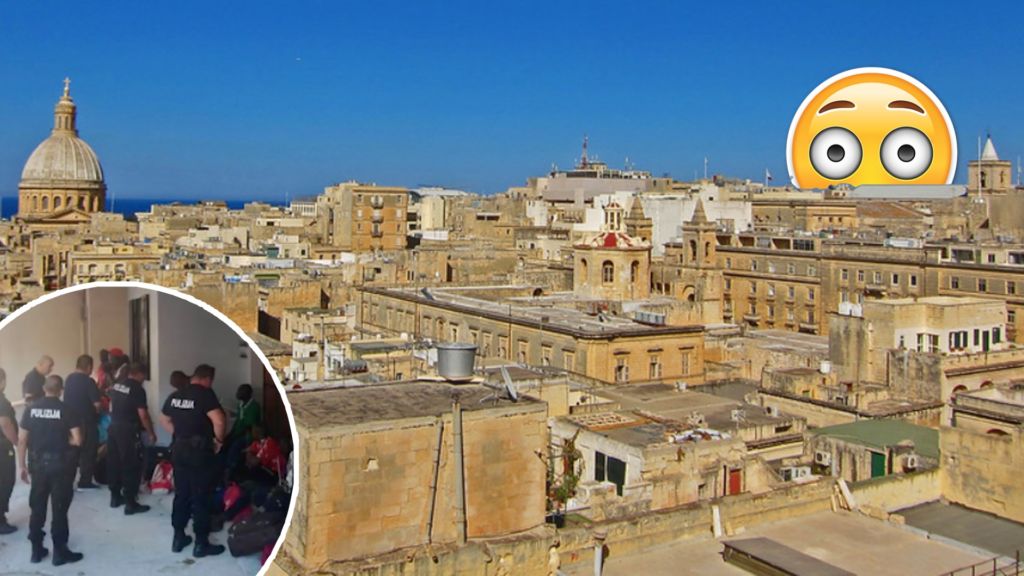Maltese Properties Can Soon Be Searched And Entered At Will Under New ‘Obscene’ Rent Law

A new clause giving authorities the right to enter private properties around Malta at will has received backlash from various national agencies who have called it “draconian” and “obscene”.
The new measure is part of the recently-proposed new rent law reforms that are currently being discussed in Parliament, and will give authorities the power “to inspect any tenement or verify whether the tenement is being occupied by any person or to take photographs”.
The clause in question is being described as a measure that would allow authorities to crack down on landlords who are abusing vulnerable people, such as in the recent cases were many migrants were found living in squalid conditions in a rundown Buġibba hotel, Marsa horse stables, and a building in Ħamrun.
The Parliamentary Secretary for Social Accommodation Roderick Galdes, who is supporting the new law, has said the new law will help the Housing Authority address these abusive situations that are cropping up more and more.
The government has also stated that the provision will only apply to rented properties, though the provision itself doesn’t clearly state that.
However, the Nationalist party has hit out against the law, along with the Chamber of Commerce, the Notarial Council, as well as former Judge Giovanni Bonello.
A spokesperson for the Nationalist Party called the new provision “draconian and anti-constitutional” in comments to the Times of Malta, and pledged to “forcefully oppose” the new law.
Former European Court of Human Rights judge Giovanni Bonello also cast doubt on the new law, saying the right to privacy in one’s home is a fundamental human right.
“None of these reasons are allowed by the Constitution or by the Convention as an exception to rule that the privacy of the home is inviolate,” he said in comments to the Times of Malta. “The Convention only authorises entry into a home for these reasons: national security, public safety, the economic wellbeing of the country, the prevention of disorder and crime, the protection of health or morals and the protection of the rights and freedoms of others.”
“I have not come across any case law that an order, other than by the courts, would be accepted as sufficient to limit the fundamental human right of the privacy of the home,” Bonello said.
Featured Image Original Photo by Kirk K